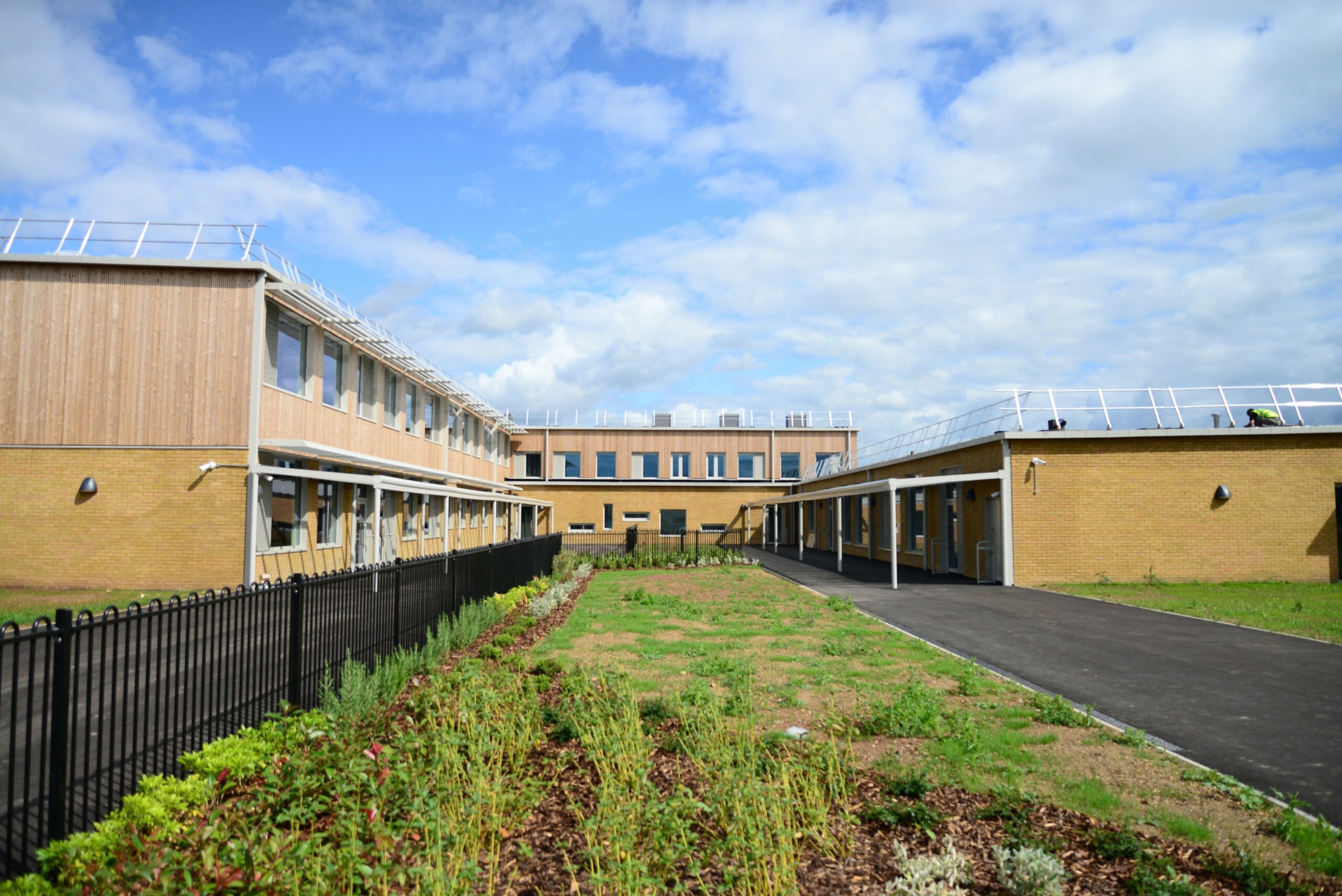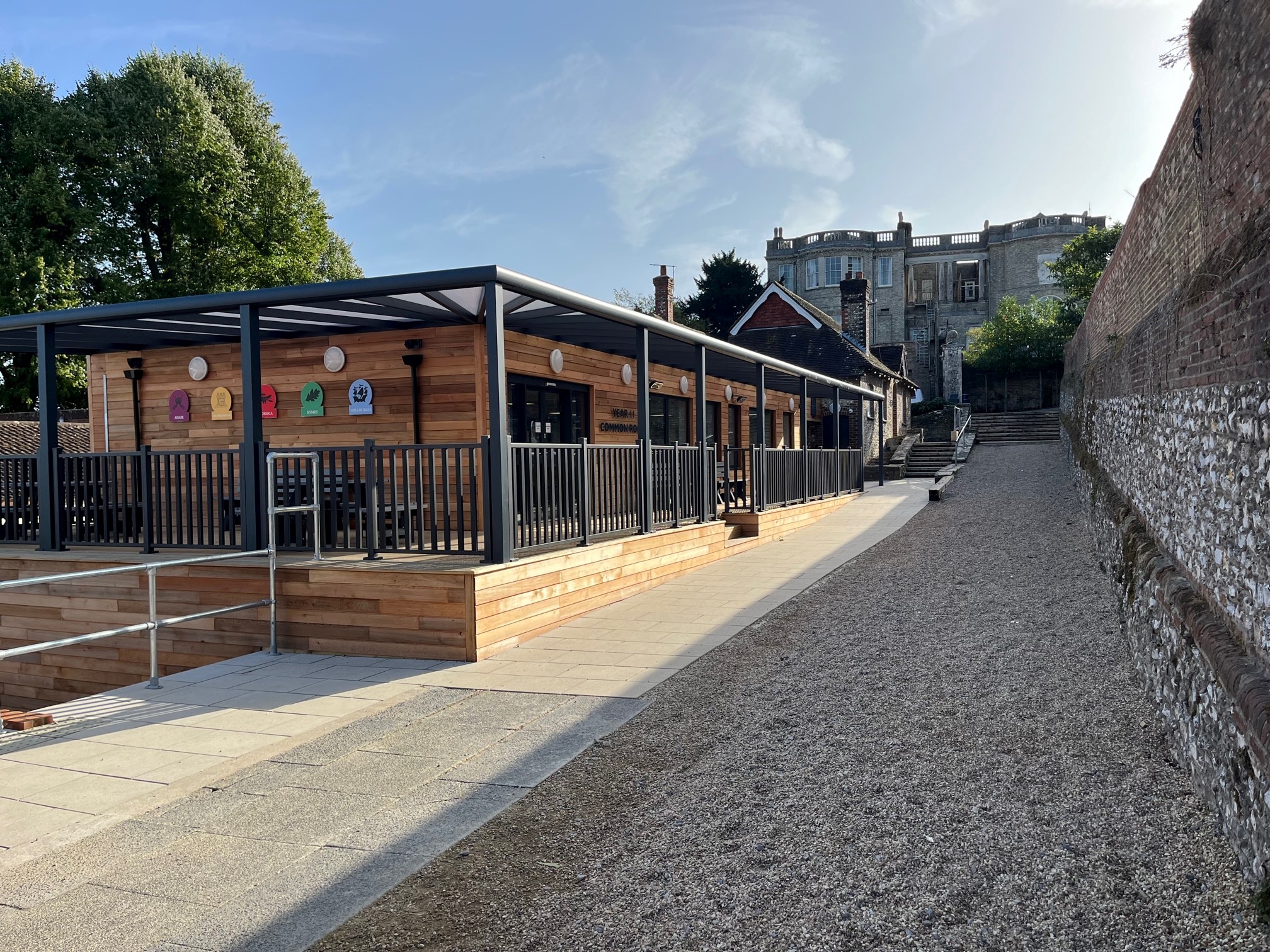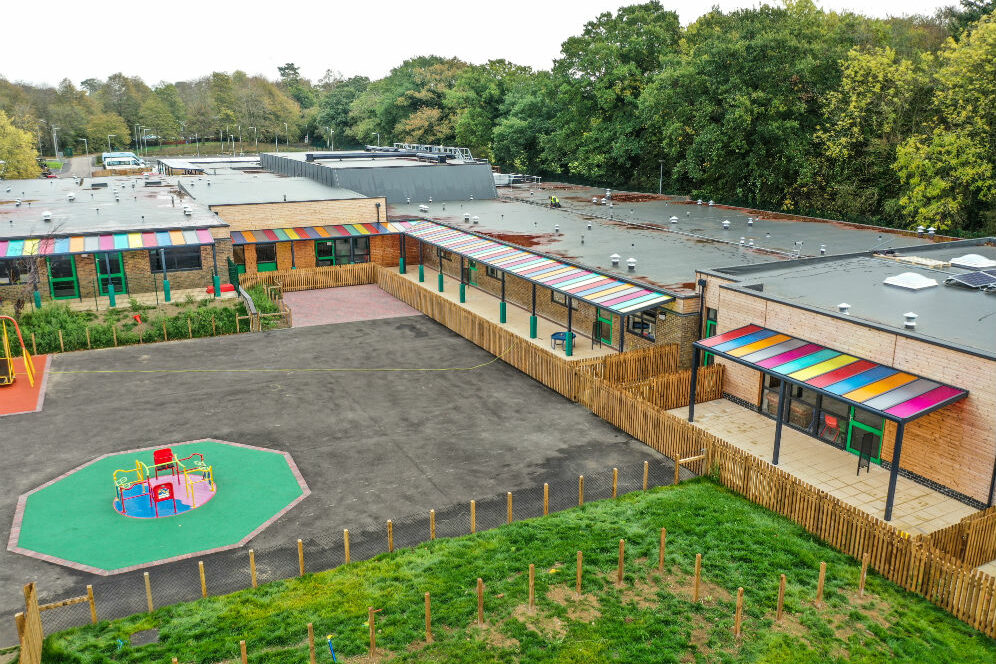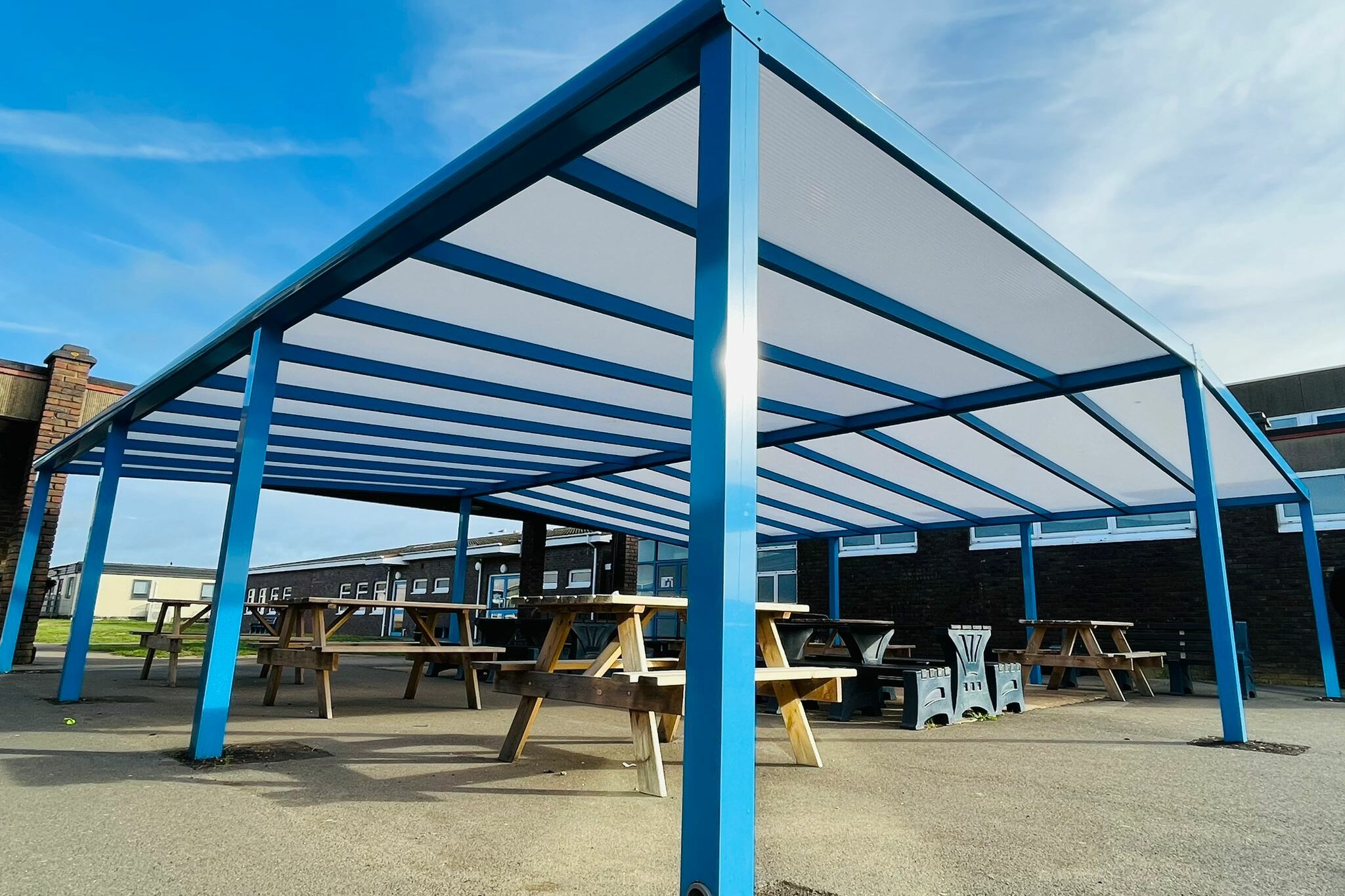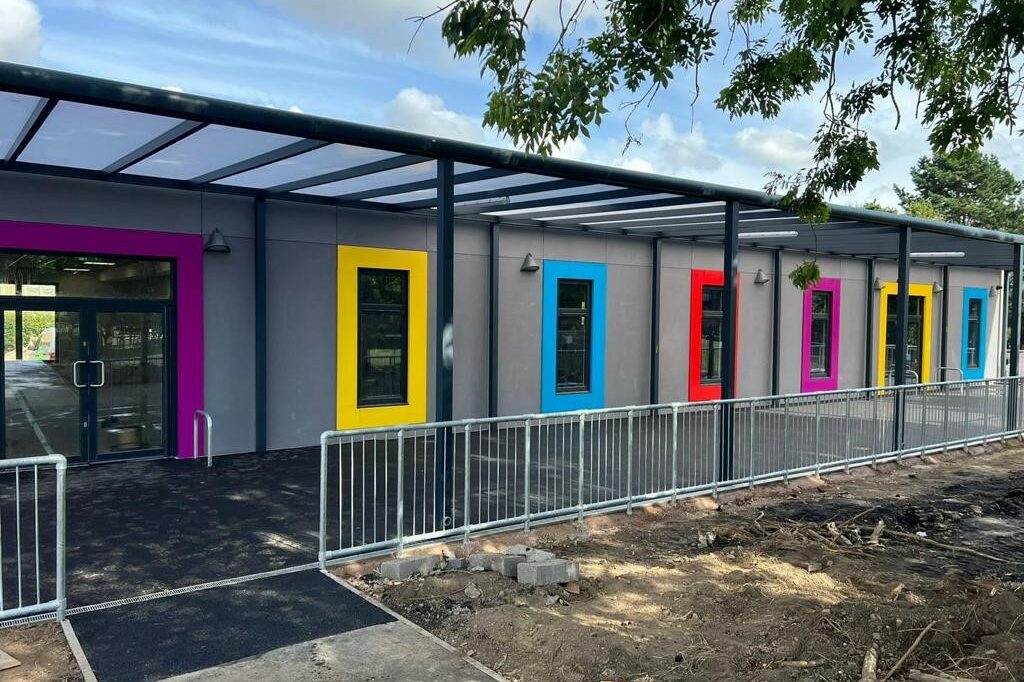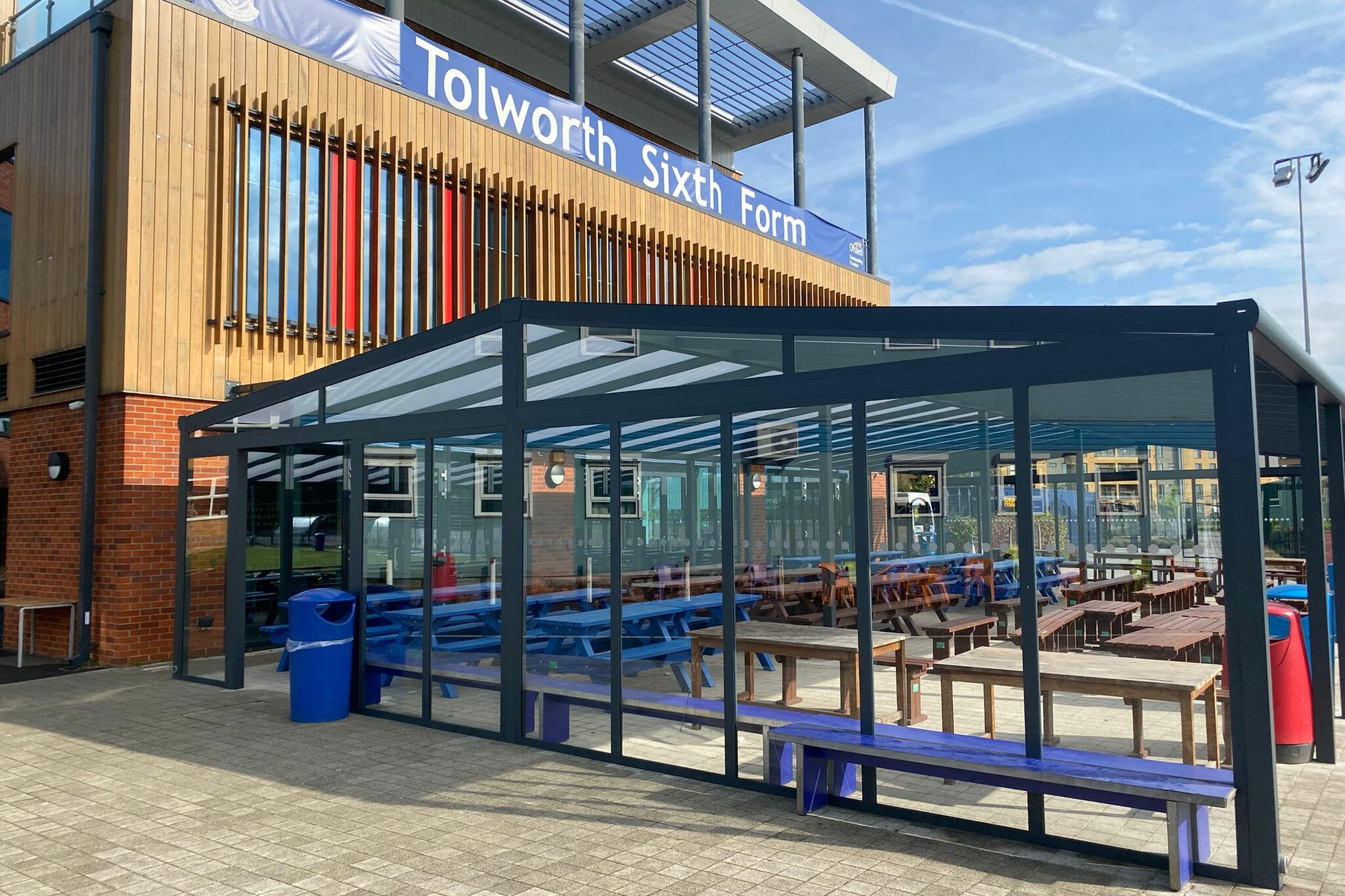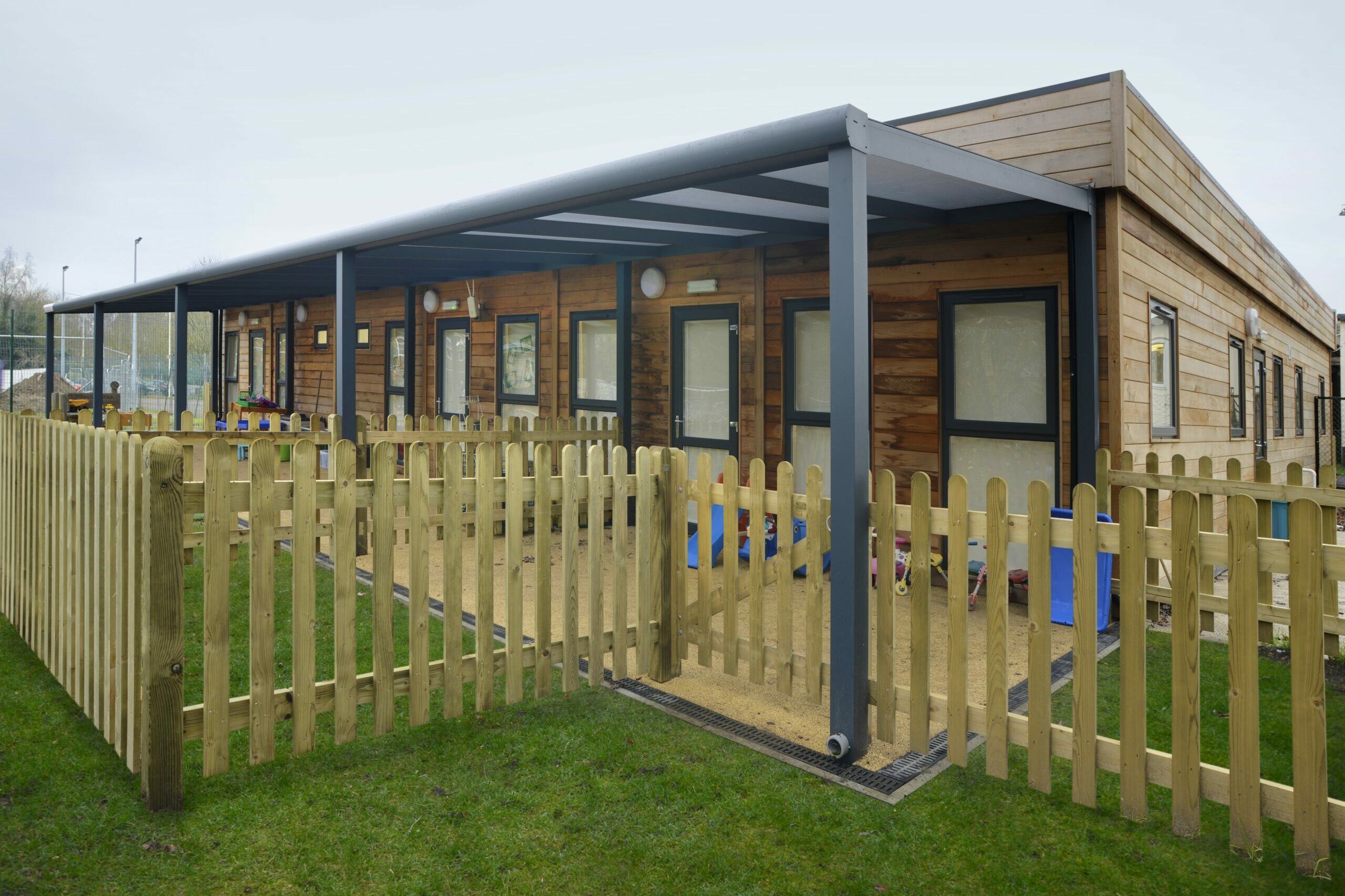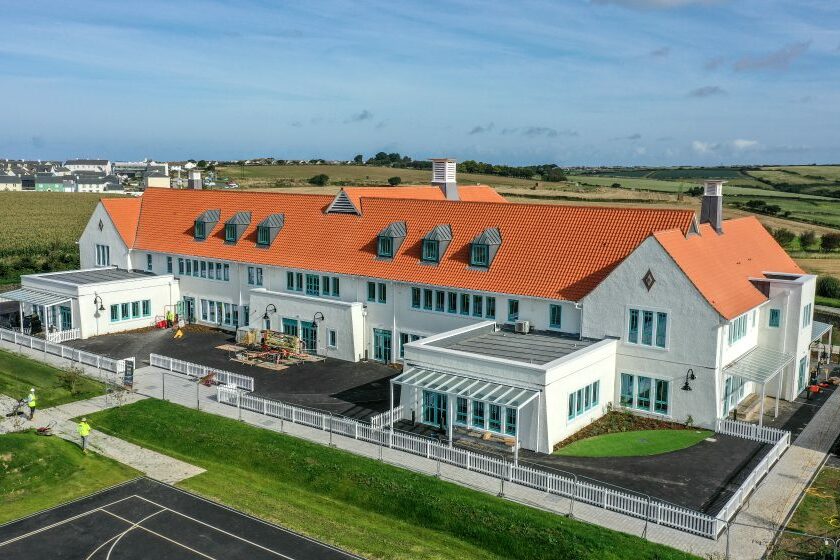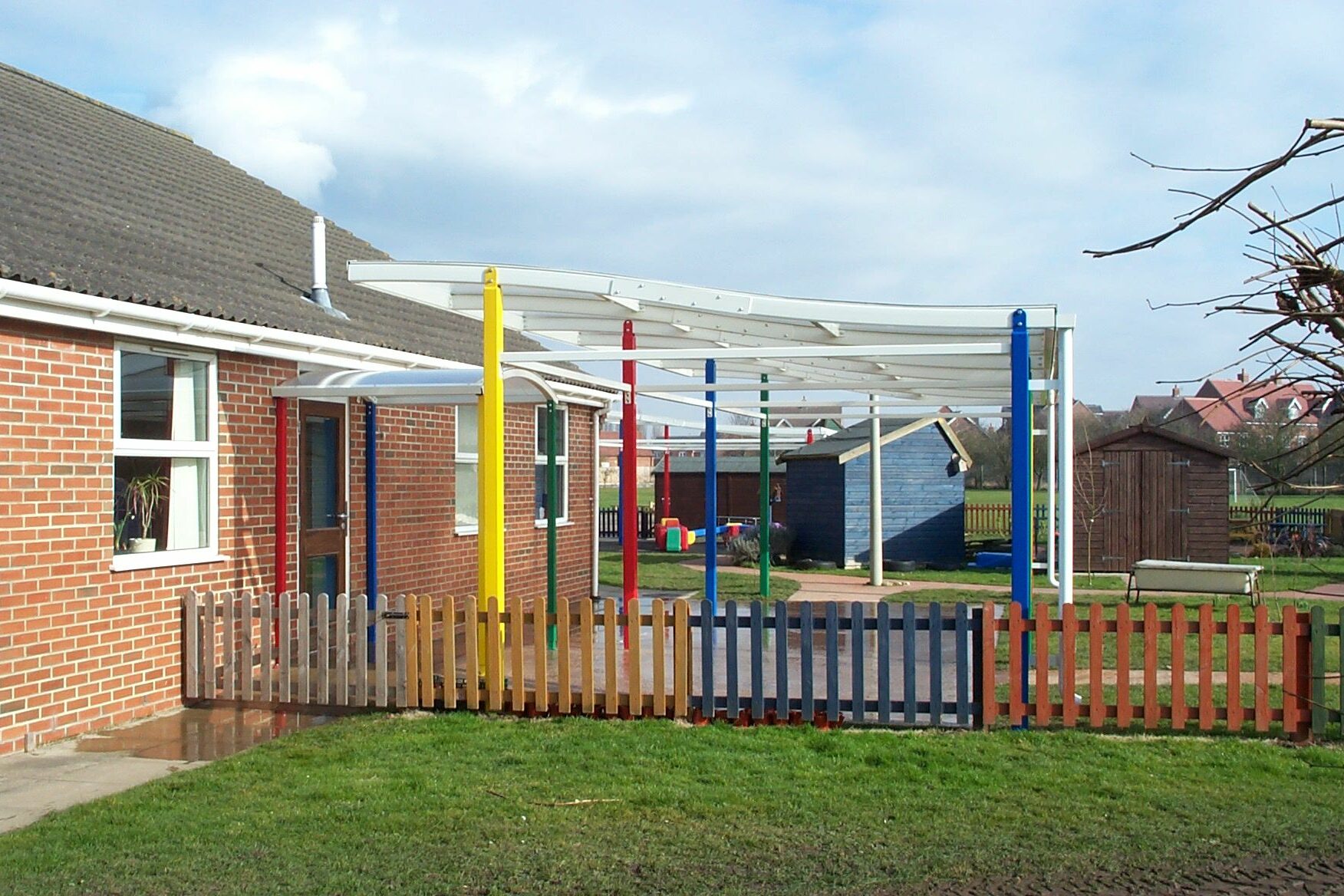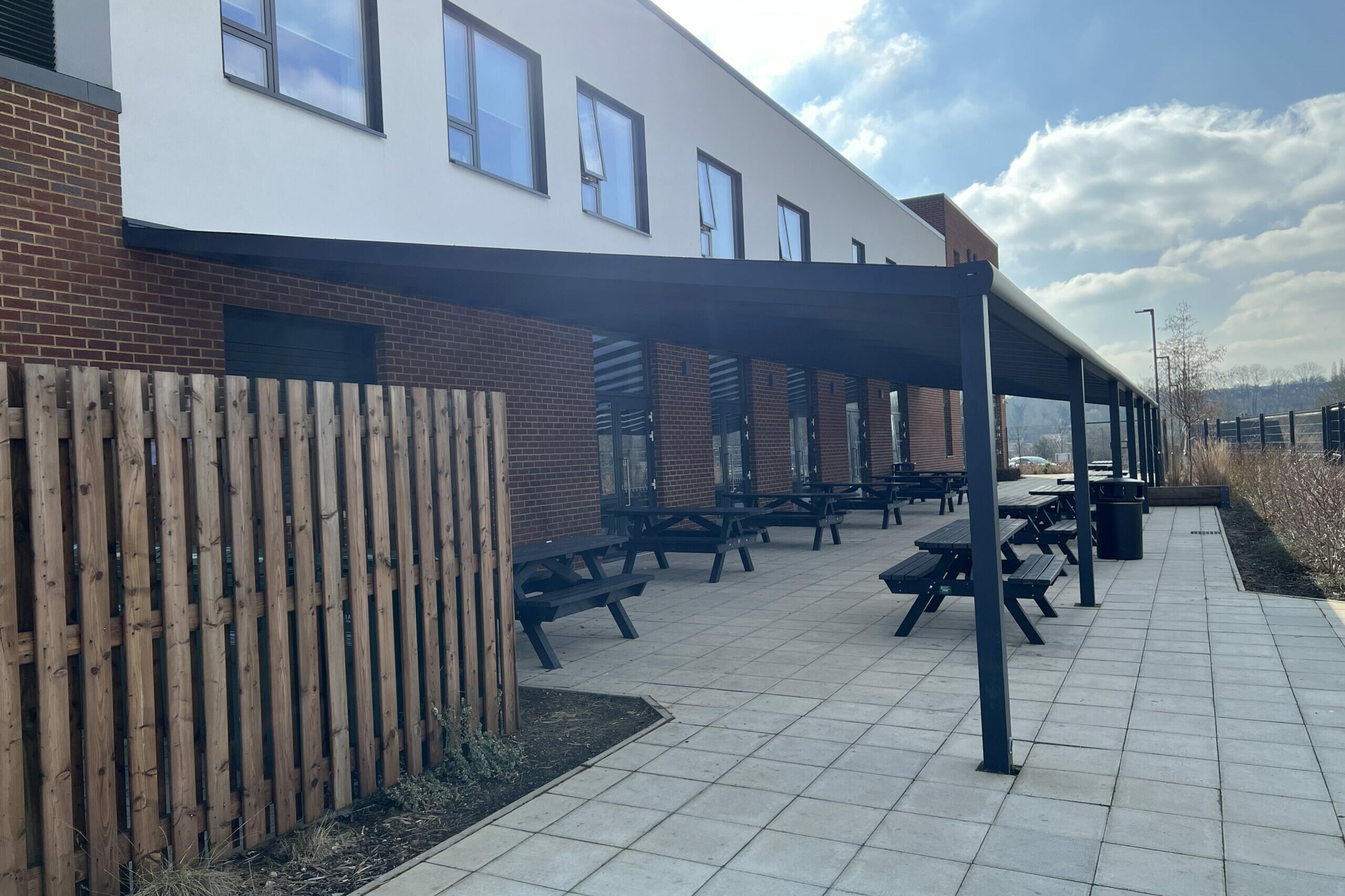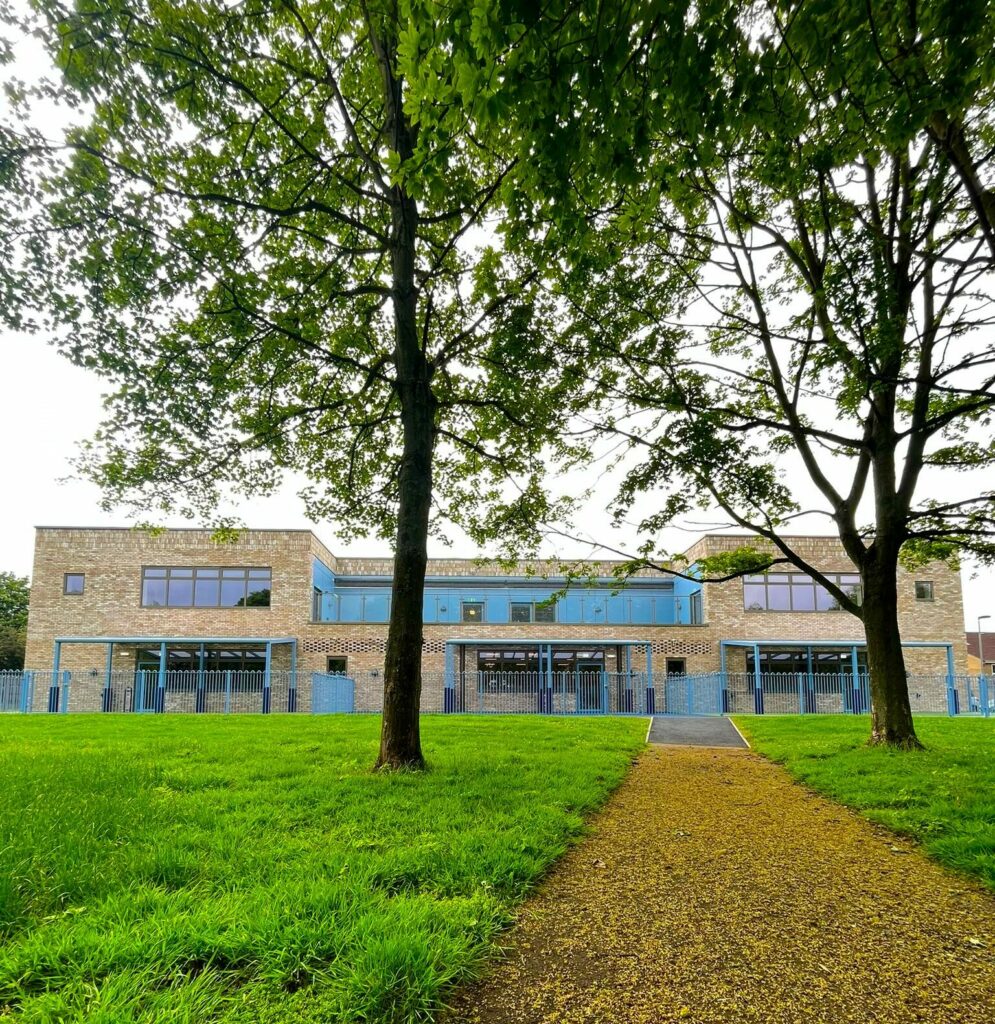
Reducing the environmental impact of our canopy production
Climate change is impacting our lives more and more. The extreme heatwaves across Europe last summer. Flash flooding in Pakistan. Even changes to where the Winter Olympics takes place due to increasing temperatures. It’s a relentless cycle.
And with countries across the globe feeling the devastating impact, it’s imperative worldwide action is taken to ensure our global temperature doesn’t increase more than 1.5C.
However, there is reason for optimism. Cop27 saw the introduction of the loss and damage fund, which will provide crucial financial assistance to developing countries. Air quality in Europe is also improving. Hundreds of children in Barcelona are participating in the local ‘bicibus’ scheme, creating a huge bicycle convoy to safely travel to school. Change is happening.
Alongside many other businesses in the UK, Waverley Exteriors have signed the SME Climate Commitment and pledged to halve carbon emissions by 2030, achieving net zero in 2050.
We will be disclosing our progress on a yearly basis, with blogs like this forming part of the process. In this article, we discuss the environmental impact of our canopy production.
Recycled aluminium offcuts
Our aluminium canopies are pre-cut to size and bespoke for each individual project.
Any offcuts from the process are then fully recycled for other aluminium products, and the funds received from this scheme are used to pay for our recycling of other materials.
Furthermore, in 2023, we recycled over 6 tonnes of aluminium offcuts at one of our manufacturing facilities in Luton.
Fully recyclable roof options
Glass and polycarbonate are the roof options we provide for our canopies, and both are recyclable, even if they sustain damage.
However, the only instance in which a glass roof could not be recycled is if it’s laminated, as opposed to toughened glass. The former is not currently able to be recycled in the UK, although glass manufacturers are working hard to resolve this.
Net Zero Projects
In 2023, we worked alongside Kier Construction on the Graven Hill Primary School project.
Forming part of a self-built community in Bicester, the school has been designed to Net Zero Carbon principles, and includes our WeatherSpan® Freestanding Aluminium Canopies. You can read all about the project here.
Saving on mileage and packaging
As our deliveries are carried out by our own transportation team rather than a third party courier, we’re able to reduce the mileage required for each job and use minimal packaging.
We can travel directly to site with our dedicated service, eliminating the need for an external company to collect the goods from our factory before delivering to the final destination. This cuts down on the overall mileage of the trip and the packaging required, as we can control the handling of our goods during delivery.
Conclusion
We’re always looking to improve the environmental impact of our canopy production. These are just a handful of the steps we’re taking to reduce our carbon footprint and limit the impact our output has on the environment.
And although there is more work be done to achieve our goals, the future can be a bright one if we continue to make these small and regular steps along with other businesses.
